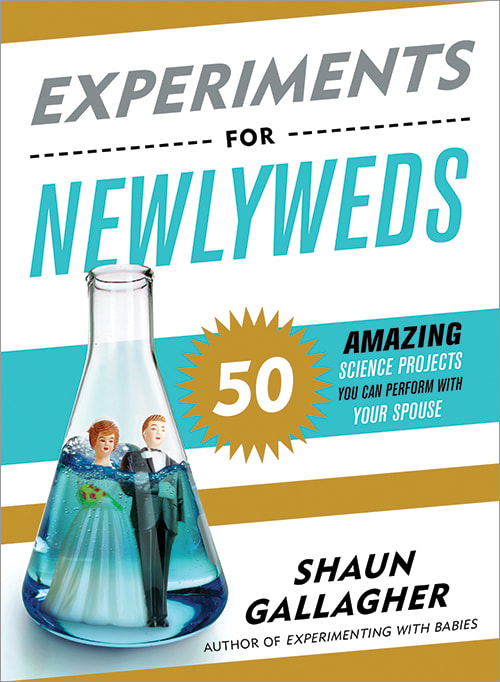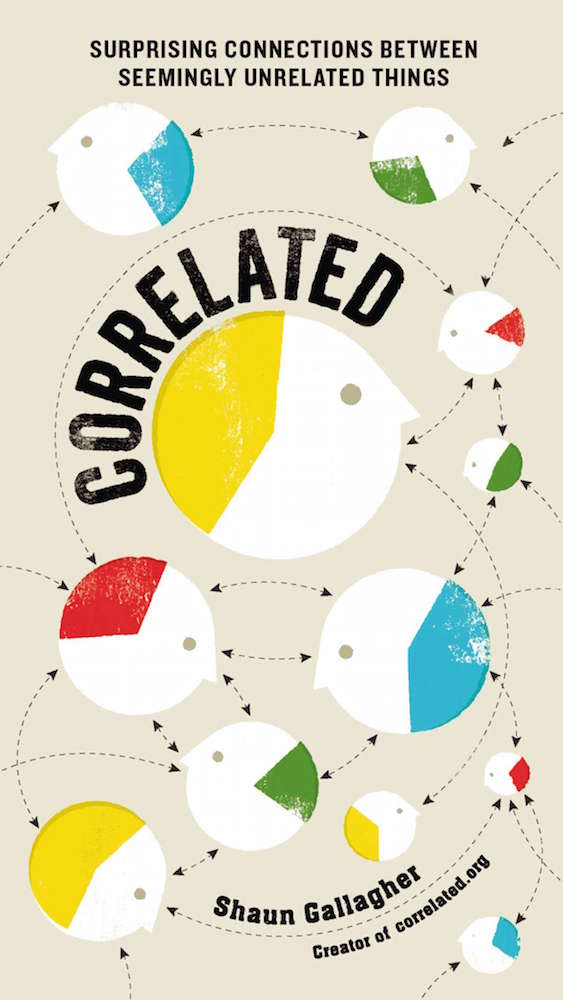Do you have a moral obligation to blow up the universe?
If you found a button that would instantly annihilate the universe, would you have a moral obligation to press it?

Your first reaction to this question is likely that you certainly would not be obliged to press it. In fact, just the opposite: You would be morally obliged to prevent its being pressed.
But there is a line of thinking that suggests that if an Annihilation Button does exist, you are morally obliged to press it.
This argument relies on some premises that I reject, but they are fairly commonly held, such as materialism, the view that nothing exists except the physical world, and utilitarianism, the view that the morality of an action depends only on how much good it produces or how much evil it prevents.
Here's how the argument goes:
Suppose a man walks up to me and stabs me.
As a result of his action, I suffer great pain and significant bodily injury. I accumulate hospital bills. I miss work and other obligations. I need both physical and psychological therapy. My quality of life suffers.
In all of these ways, I have been injured by my assailant and deserve recompense for my injuries.
I am a person who has been wronged.
But suppose a man walks up and shoots me, killing me instantly, before I even have a chance to know what's happened.
A dead person doesn't exist, and things that don't exist can't feel pain, whether it be physical or emotional.
Of course, my family and friends will suffer as a result of the man's action, and society rightly condemns such actions as a way to preserve order, but ...
I am not a person who has been wronged, because I am not a person anymore.
As a no-longer-existing entity, I cannot feel deprived of the life I would have otherwise lived, because I cannot feel or think. I am not I. There is no "I" anymore.
Now, suppose we're not talking about the instantaneous death of a single person, but about the instantaneous death of every person.
In this case, there is no one left to suffer the loss of their loved ones. If the whole universe were to be instantly annihilated, and every living thing were to be obliterated in the blink of an eye, it would not be an act that causes pain, because a being must exist to feel pain, and no being will exist after the act.
Now, suppose I am a utilitarian and judge actions by how much good they produce or how much evil they prevent. And suppose I happen to also be something of a hedonist, and I see pleasure as a good and pain as an evil.
In such a case, I might believe that it is better to not exist than to exist in pain. I might also believe that if a person experiencing pleasure is killed instantly, they are not necessarily deprived of pleasure, because they no longer exist and thus can't feel deprived of anything.
I might then survey the universe and create a decision tree, similar to the one anti-natalist philosopher David Benetar presents in his essay Why It Is Better Never to Come Into Existence:
If I don't press the Annihilation Button, then there will be innumerable people, now and presumably in the future, who continue to experience pain. That may be offset by an even greater number of people who experience pleasure, such that the net experience of the world is one of more pleasure than pain — but that's little consolation to those who are in great pain.
If I do press the Annihilation Button, however, then all of the people who are experiencing pain will cease to exist and thus cease to experience pain. The ending of that pain would be a great good. Those experiencing pleasure will also cease to exist and thus cease to experience pleasure — but they won't have the capacity to feel deprived of it.
It would seem, therefore, that if anyone is experiencing any pain at all, either now or any time in the future, it would be better to annihilate the universe, instantly obliterating everyone in it, to save them from experiencing that pain. The fact that many people might not get to experience pleasures they would otherwise experience if the universe had not been blown up is a consequence that can be dismissed, since, as no-longer-existing entities, they will not and cannot suffer from that loss.
Through this lens, when we boil it down, those of us who are experiencing pleasure through continued existence are doing so at the expense of those who are experiencing pain.
Now, there are some very easy objections to this argument.
If you reject materialism — for instance, if you believe that God exists, and that humans have immortal souls — then pressing the Annihilation Button and obliterating the physical universe might cause all material things to stop existing, but that wouldn't be the end of all metaphysical existence, which throws off the moral calculus of the act, and which probably means that you would get a very stern lecture at the Pearly Gates.
If you reject hedonism or utilitarianism, that also allows you to reject that we have a moral responsibility to press the Annihilation Button. If some actions are intrinsically bad, regardless of their outcomes, then even if the Annihilation Button were to alleviate a great amount of suffering, it could still be labelled as a horrifyingly bad action.
But if a person accepts certain premises — materialism, utilitarianism, hedonism — yet still feels discomfort with the Annihilation Button being pressed, it is possibly because they're confusing psychological discomfort with moral discomfort. They might feel that having their existence cut short, and being deprived of any pleasure they might have had otherwise, is a terrible wrong. But this is just a misprojection of their current desires as a living being onto the utterly absent desires of a no-longer-existent being.



